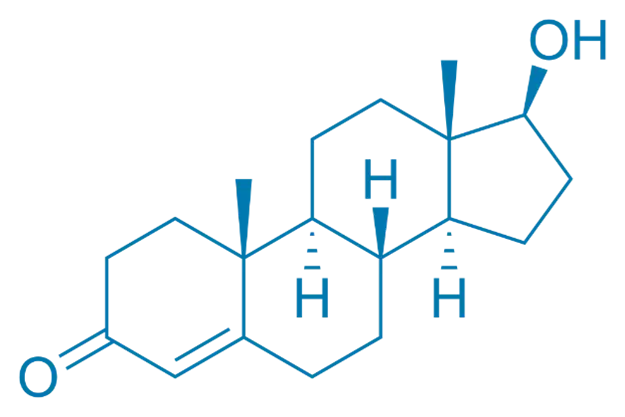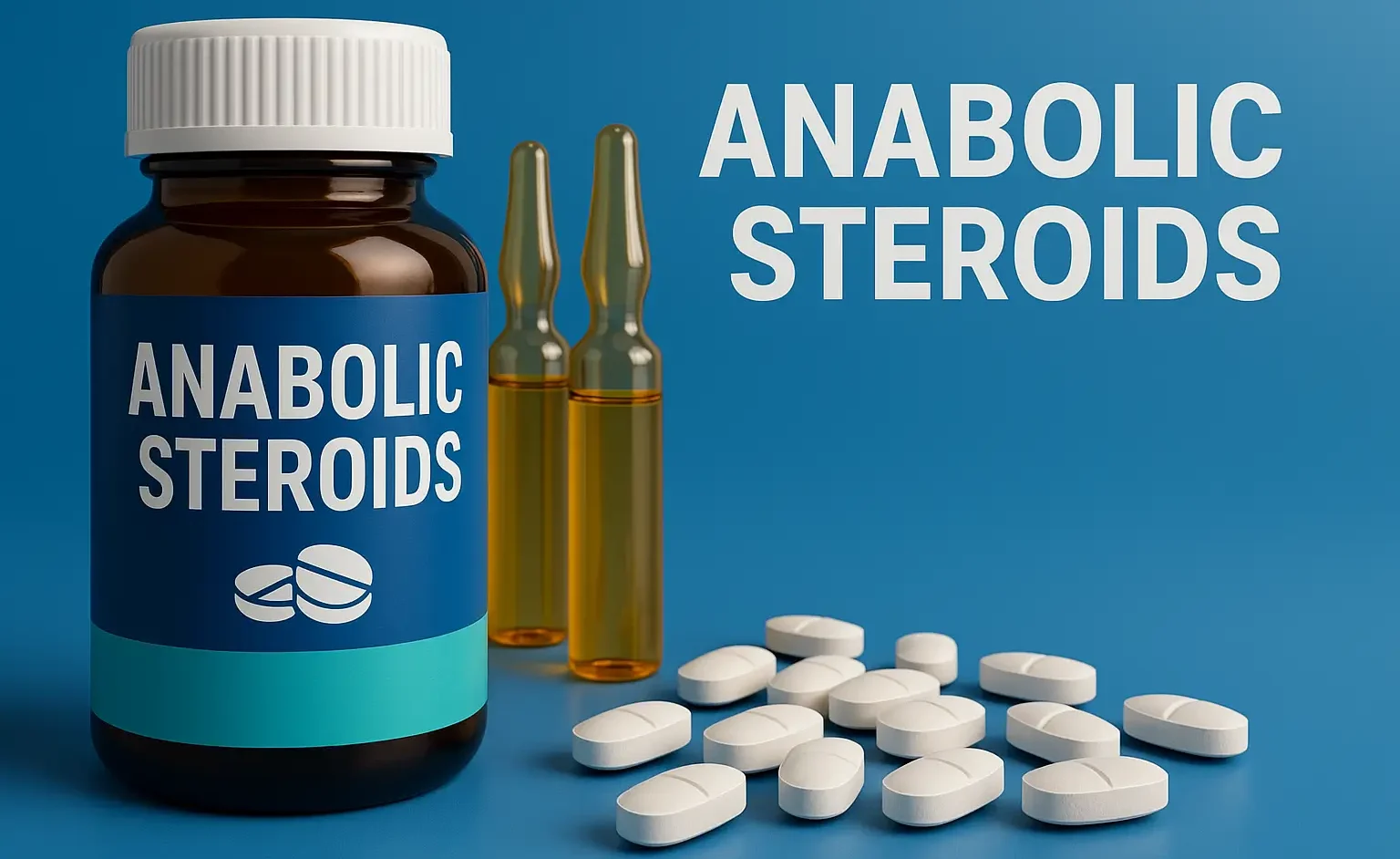Definition of Anabolic Steroids:
- Anabolic steroids are synthetic derivatives of testosterone designed to maximize anabolic (muscle-building) effects while minimizing androgenic (masculinizing)
- Anabolic Steroid: Used medically for anemia, delayed puberty; misused in sports for performance enhancement.

Physiological Roles:
- Promote muscle and bone growth with reduced androgenic activity.
- Examples: Nandrolone, Oxandrolone, Stanozolol.
Pharmacological Actions:
-
Anabolic Actions:
- Promote protein synthesis and muscle growth.
- Increase bone density.
- Stimulate erythropoiesis (red blood cell production).
Advertisements
Examples of Anabolic Steroids:
- Nandrolone (Deca-Durabolin): Treats anemia and muscle-wasting diseases.
- Stanozolol (Winstrol): Used for hereditary angioedema and muscle growth.
- Oxandrolone (Anavar): Aids weight gain post-surgery/trauma and relieves bone pain in osteoporosis.
Mechanism of Action:
- Bind to androgen receptors, promoting protein synthesis and muscle hypertrophy.
- Reduce catabolism by inhibiting glucocorticoid hormones.
Clinical Uses of Anabolic Steroids:
- Muscle Wasting Diseases: HIV/AIDS, cancer cachexia.
- Osteoporosis: Enhances bone density.
- Anemia: Stimulates erythropoiesis.
- Hormone Replacement Therapy: Treats testosterone deficiency in males.
Side Effects:
- Androgenic Effects: Acne, virilization in females (deep voice, hirsutism).
- Cardiovascular Risks: Dyslipidemia, hypertension, increased myocardial infarction risk.
- Hepatotoxicity: Especially with oral forms.
- Psychiatric Effects: Aggression, mood swings, dependence.
- Endocrine Disruption: Testicular atrophy, infertility, suppression of testosterone production.
Click Here to Watch the Best Pharma Videos
Advertisements

